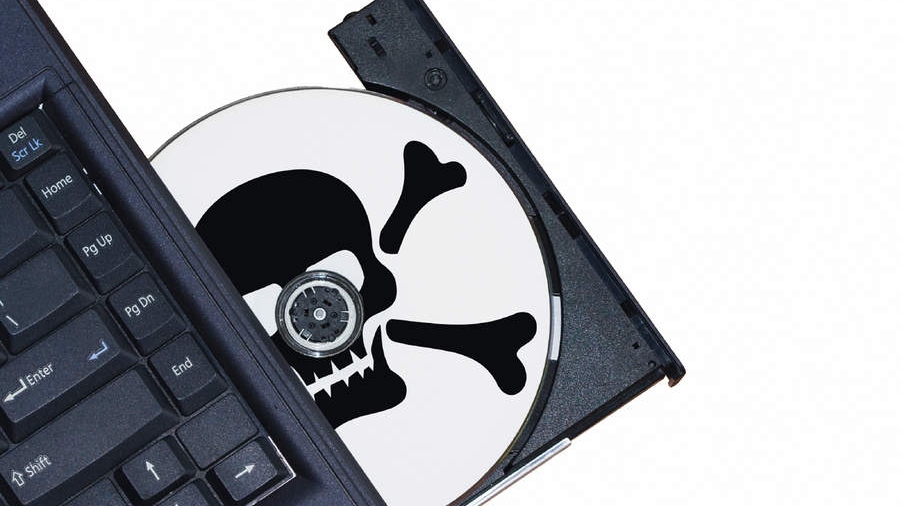Microsoft extends XP anti-malware support past end-of-life date
It still wants you to move to Windows 8

Microsoft has announced this that it will continue to provide anti-malware support for Windows XP until July 2015 - a little over one year after its end-of-life date on April 8.
The company will release "signatures" that will be used to identify and ward off malware for Windows XP systems. These signatures will continue to be delivered to Windows systems running various Microsoft security and management products.
This includes users running its free Microsoft Security Essentials, marking a change in thinking for Microsoft, who had previously said that Security Essentials would lose support on April 8.
Company officials had previously consistently warned that Microsoft would not provide patch support for Windows XP after April 8, and that the continued used of the operating system would expose it to zero-day attacks from hackers and malware. That message hasn't changed, despite the introduction of the signatures.
"This [antimalware support announcement] does not affect the end-of-support date of Windows XP, or the supportability of Windows XP for other Microsoft products, which deliver and apply those signatures," Microsoft's announcement stated.
Moving on up
Windows XP will still lose product support on April 8, leaving it vulnerable, although antivirus signatures will help to identify any malware that may attack them. Microsoft will not issue security patches unless customers sign up for a subscription-style payment scheme.
Third party vendors have come to the aid of Windows XP users, however. Kaspersky Labs will provide antimalware support for Windows XP through 2018 for consumers and through the latter half of 2016 for business users. Trend Micro is promising Windows XP support through January 30 2017.
Sign up to the TechRadar Pro newsletter to get all the top news, opinion, features and guidance your business needs to succeed!
Microsoft downplayed their effectiveness however: "Running a well-protected solution starts with using modern software and hardware designed to help protect against today's threat landscape."
Redmond's message is clear: Windows XP users should move on to Windows 7 or Windows 8.